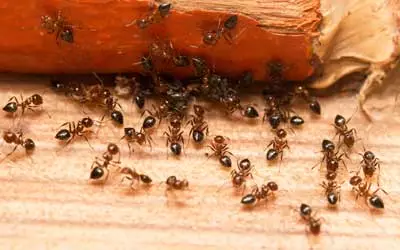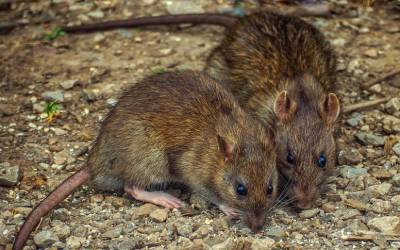 One of the worst parts about dealing with pests, especially rodents, is the concern of potential property damage. Between mice, rats, gophers, moles, and more, rodents are able to tear up your yard, nest in your attic and crawl spaces, spread filth and waste on your property, and chew up the wires in your home or car. If you have noticed that electrical wiring in your home or car has been chewed up or torn, you’re likely dealing with a rat infestation or a nearby population of rodents. To learn how to prevent more damage, read on for expert advice from the rodent control experts at Loyal Termite & Pest Control!
One of the worst parts about dealing with pests, especially rodents, is the concern of potential property damage. Between mice, rats, gophers, moles, and more, rodents are able to tear up your yard, nest in your attic and crawl spaces, spread filth and waste on your property, and chew up the wires in your home or car. If you have noticed that electrical wiring in your home or car has been chewed up or torn, you’re likely dealing with a rat infestation or a nearby population of rodents. To learn how to prevent more damage, read on for expert advice from the rodent control experts at Loyal Termite & Pest Control!
Are Rats Chewing Wires in Your Home?
Rats are stealthy pests—they have been known to live in Eastern & Central Virginia homes for long stretches of time before being discovered. Nesting in your crawl spaces, attic, walls, or basement, rats bide their time through the fall in winter laying low and chewing on almost anything that they can find. But why do they insist on tearing up our wires?
Like all rodents, rats have a pair of upper and lower teeth called incisors which continually grow throughout their lives. To keep these teeth from growing into their brain, rats must constantly grind them together or gnaw on objects to whittle them down. This accounts for much of the property damage that we often see related to rodents. Chewed-up wires and wood in your home could mean you have rats or mice.
Why is Rodent Damage Dangerous?
When rats chew up your electrical wiring, they tear through the protective layer of insulation, leaving the metal exposed. This could cause a spark that leads to a fire in your home or car. Especially when within the structure of your home and surrounded by wood, fire hazards become a concern.
To keep rats out of your home, try these prevention methods:
- Inspect your home for holes or gaps and seal them promptly
- Use baits outside to draw them away from your home
- Clean up your spills and don’t leave food out after eating
- Call a professional pest expert for a property inspection
Expert Rodent Removal in Virginia
Rodent infestations in the fall are inevitable for Eastern & Central Virginia homeowners who don’t take the proper precautions against them. If you want to ensure that your home is safe from rats, mice, gophers, and more, talk to the rodent control team at Loyal Termite & Pest Control about your concerns. Our vermin control specialists are fitted with equipment and training to tackle any rat infestation or mice outbreak that you’re dealing with. Contact our team today for a free quote!

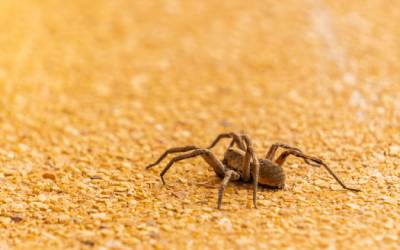 If you’ve seen a brown recluse before, you probably remember its creepy appearance, but if you’ve been bitten by one, you surely remember what it felt like.
If you’ve seen a brown recluse before, you probably remember its creepy appearance, but if you’ve been bitten by one, you surely remember what it felt like. 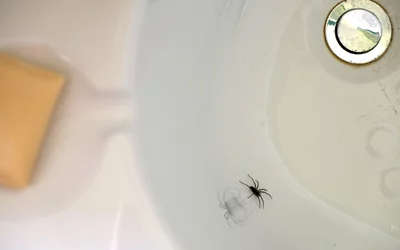
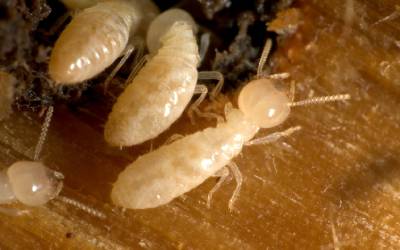
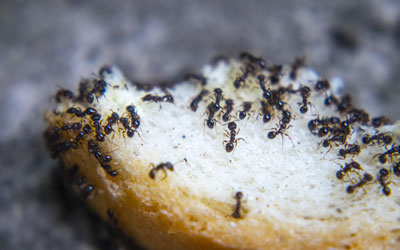 We’ve all made the frustrating discovery that ants have taken over our kitchen or bathroom. Ants have long been one of the most confounding pest problems, leaving most people wondering where and how they got inside in the first place. There are many things that can make your home attractive to ants. Keeping them out, then, requires the knowledge of making your home less suitable for them in the first place. The ant control experts at Loyal Termite & Pest Control are here to help! Read on to learn everything you need to know about why you might have ants, as well as what you can do to keep them away from your Virginia home.
We’ve all made the frustrating discovery that ants have taken over our kitchen or bathroom. Ants have long been one of the most confounding pest problems, leaving most people wondering where and how they got inside in the first place. There are many things that can make your home attractive to ants. Keeping them out, then, requires the knowledge of making your home less suitable for them in the first place. The ant control experts at Loyal Termite & Pest Control are here to help! Read on to learn everything you need to know about why you might have ants, as well as what you can do to keep them away from your Virginia home.
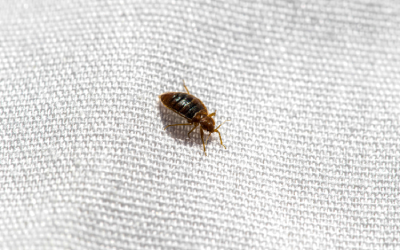 Bed bugs are one of the most feared pest problems for several reasons. One of the biggest reasons is that they are capable of spreading quickly throughout your home—even worse, they often do so silently. Compared to some pests, bed bugs move and reproduce at a relatively slow rate. However, it is because they move so silently that their spread can go unnoticed for some time. Before you know it, you could have a full-force infestation on your hands. For this reason, it’s crucial to learn how to stop a bed bug infestation in its tracks. Learn how with the bed bug control experts here at Loyal Termite & Pest Control!
Bed bugs are one of the most feared pest problems for several reasons. One of the biggest reasons is that they are capable of spreading quickly throughout your home—even worse, they often do so silently. Compared to some pests, bed bugs move and reproduce at a relatively slow rate. However, it is because they move so silently that their spread can go unnoticed for some time. Before you know it, you could have a full-force infestation on your hands. For this reason, it’s crucial to learn how to stop a bed bug infestation in its tracks. Learn how with the bed bug control experts here at Loyal Termite & Pest Control!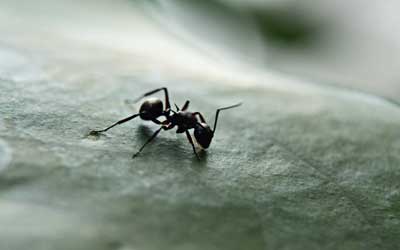 Many of us are familiar with the experience of finding an
Many of us are familiar with the experience of finding an 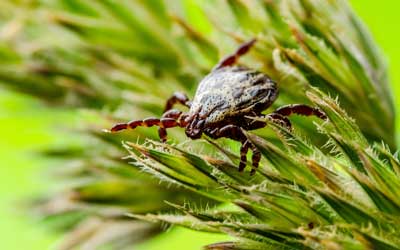 Staying aware of
Staying aware of 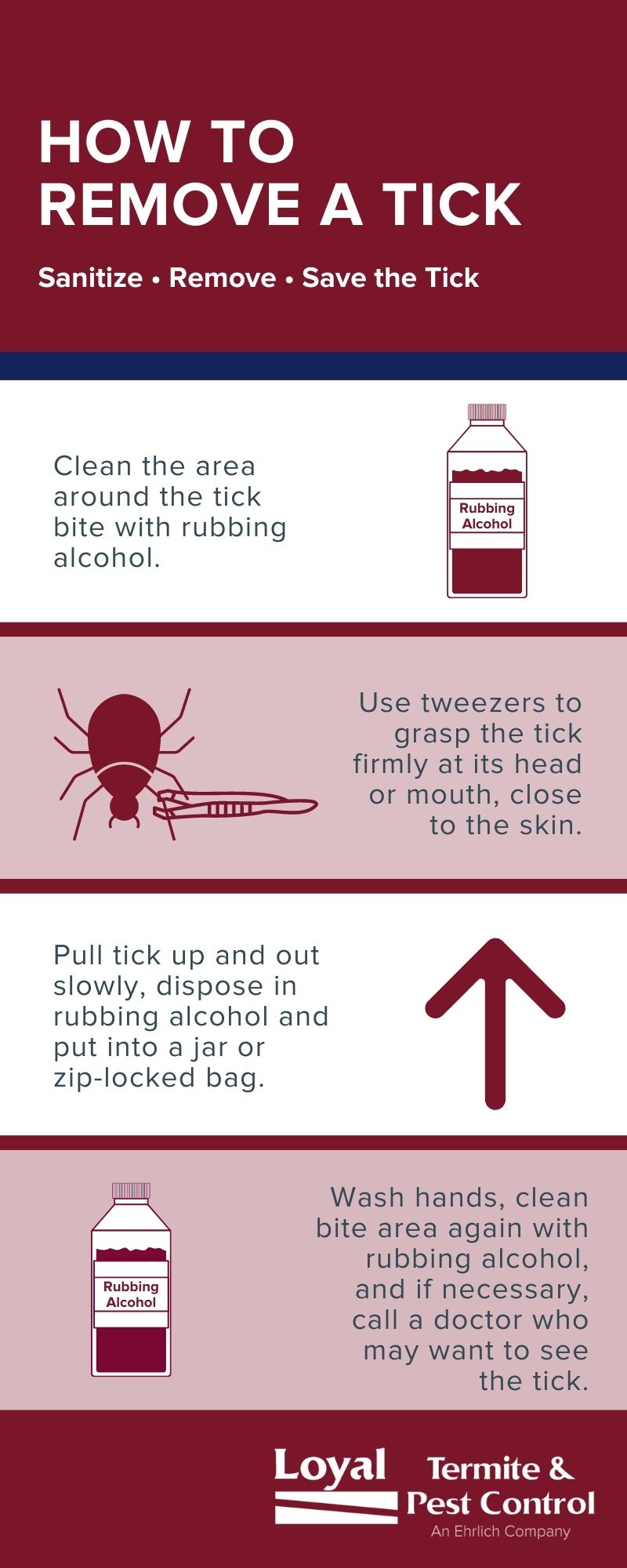
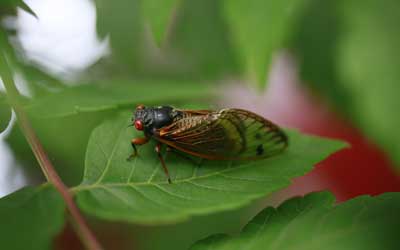 One of the world’s most fascinating events is upon us. This May, the Brood X cicadas, which is one of the world’s largest swarms, will emerge after being underground for 17 whole years. Whether this event fascinates or terrifies you, we are right in the center of it here in Virginia! In fact, experts say Virginia and Maryland are particularly likely to be the hot spots for the cicada emergence out of 14 states total.
One of the world’s most fascinating events is upon us. This May, the Brood X cicadas, which is one of the world’s largest swarms, will emerge after being underground for 17 whole years. Whether this event fascinates or terrifies you, we are right in the center of it here in Virginia! In fact, experts say Virginia and Maryland are particularly likely to be the hot spots for the cicada emergence out of 14 states total.